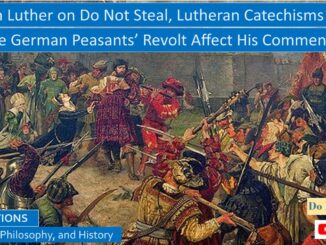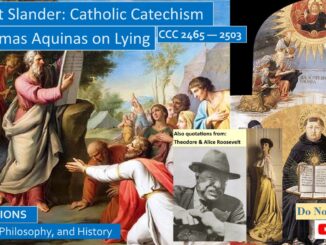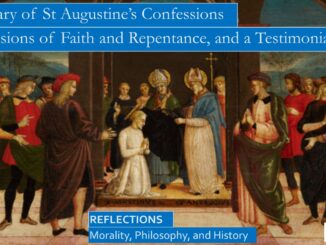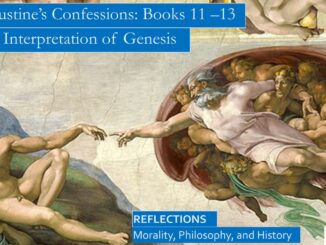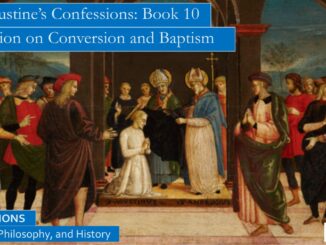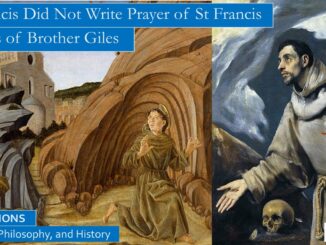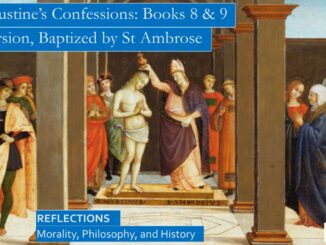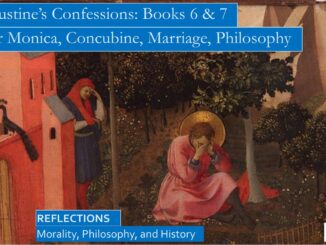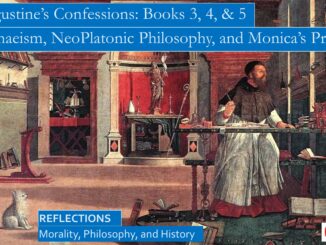
Does the Dobbs Abortion Decision Endanger Lives? Obstetricians Facing Moral and Legal Dilemmas
Is the opposite of pro-life, pro-death? Does everyone who is pro-choice ENJOY KILLING BABIES?
Another related question is, Will those who do not support a radical pro-life, no abortion under any circumstances, BURN IN HELL? This is a meme that totally ignores compassion, that refuses to believe that those considering abortion have real life-changing problems they are facing.
What liberals often do not realize is that the phrase “pro-choice” strikes at the core of religious beliefs, the term “pro-compassion” is a better narrative, a better message. The phrase “pro-choice” implies to a devout believer that there is no absolute truth, that there is no God who represents absolute morality, but that every man can formulate what is right and wrong in their own eyes, that moral truth is relative. […]

